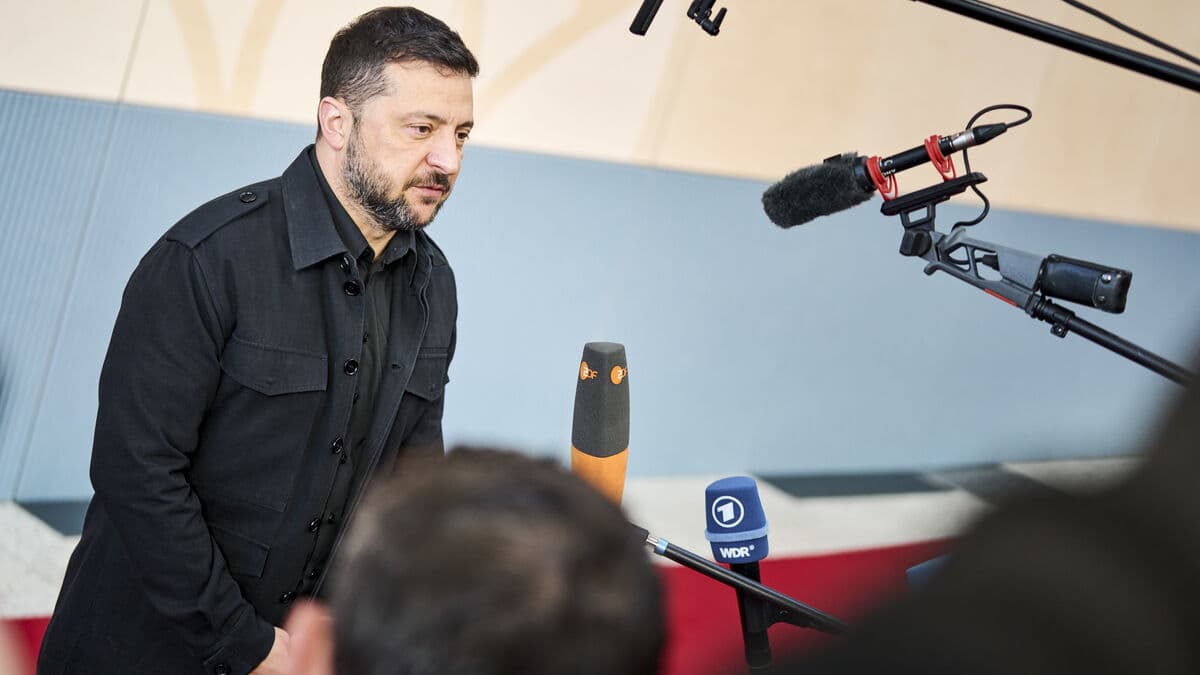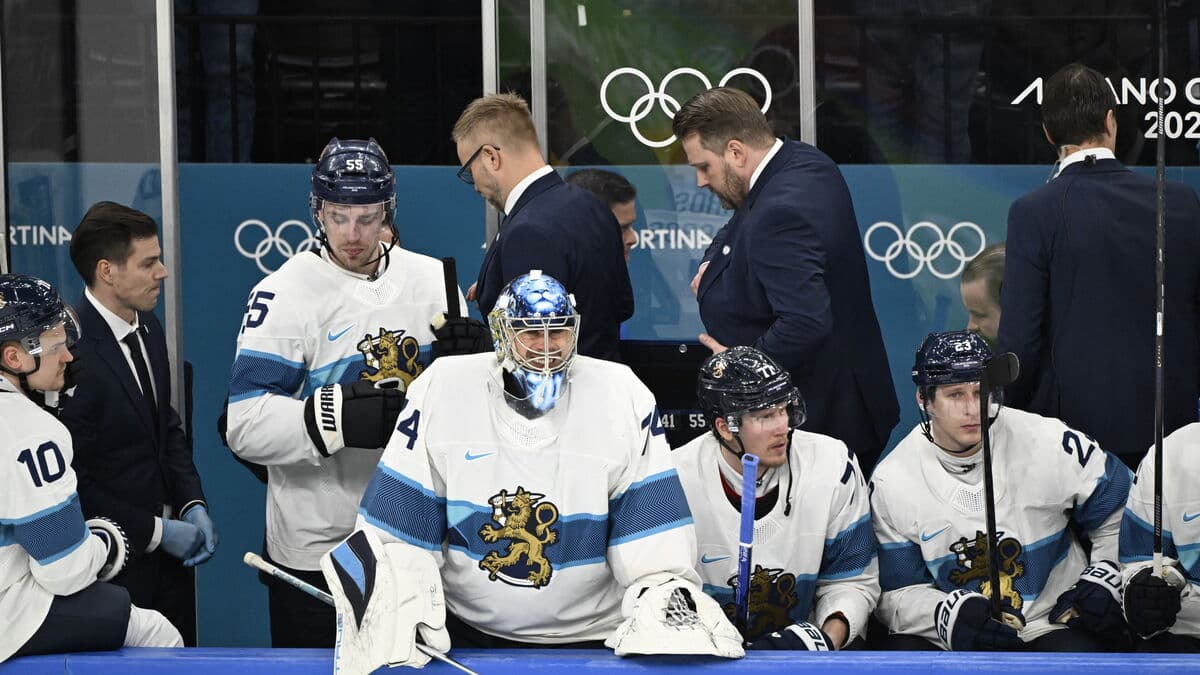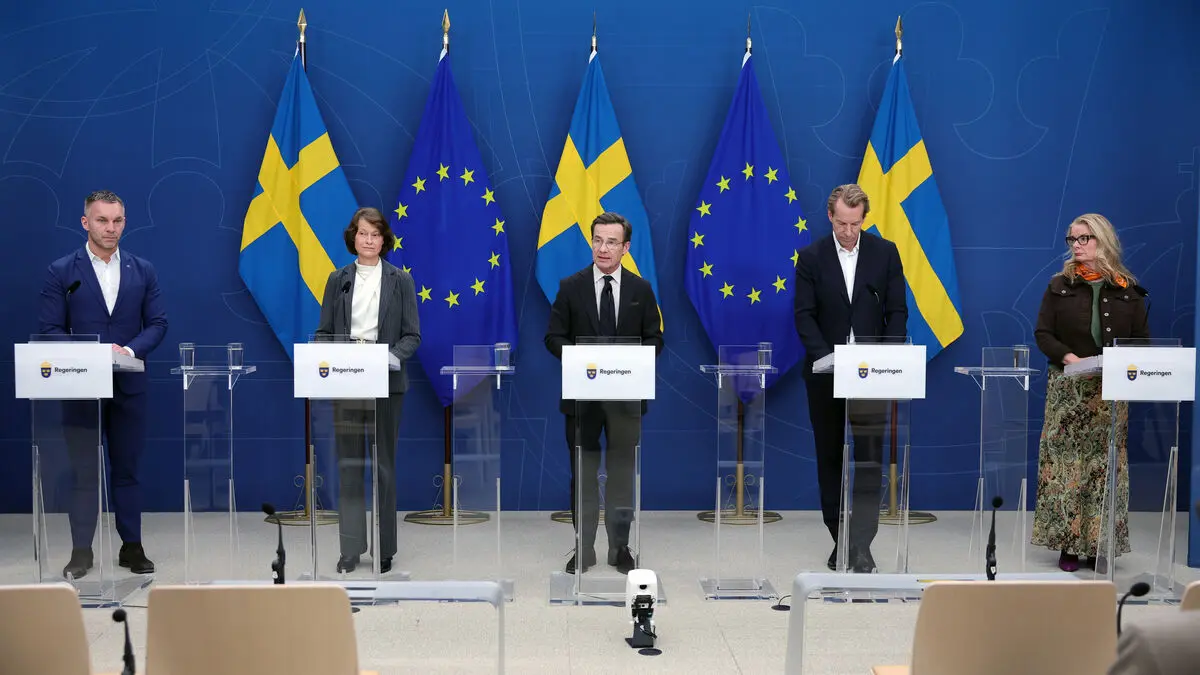Hungary continues to block the EU from starting membership negotiations with Ukraine.
At the informal EU summit in Copenhagen on Wednesday, the EU Council President Antonio Costa presented the idea of switching from unanimous decisions to majority decisions when opening various negotiation chapters. However, Hungary would still be allowed to retain its veto when it comes to finally approving Ukrainian membership.
But the Hungarian Prime Minister quickly shot down the idea. He warned that Ukrainian membership would be to let war into the EU.
On Thursday, Ukraine's President Volodymyr Zelenskyj will participate in the subsequent EPC meeting, where leaders from countries outside the EU will also participate.
It's time to move forward. Supporting Moldova, Ukraine, and the Western Balkans' path to EU membership is crucial, argues Zelenskyj at the meeting.
Is ready
Zelenskyj reminds that Ukraine has completed the EU's screening process and is ready to open the first negotiation chapter.
It must happen, as agreed, he says.
Prime Minister Ulf Kristersson (The Moderate Party) thinks, however, that despite the Hungarian resistance, there is reason for Zelenskyj to be satisfied with the EU summit.
I don't think he is at all surprised that Hungary is blocking a faster way into the EU. It's no news, says the Prime Minister.
Kristersson sees progress in other issues. The EU Commission had, before the summit, proposed that Ukraine should be able to get interest-free repair loans of up to 140 billion euros from frozen Russian assets in the EU. The proposal received a positive response, according to Commission President Ursula von der Leyen.
Kristersson assesses that the opportunities for an EU agreement later on using the frozen Russian assets have "dramatically increased".
It hasn't sounded this positive in a long time, he says the day after the summit.
Advertisement
However, there are still countries that have objections.
"Wants to escalate"
Zelenskyj also comments on the EU leaders' discussions about how the armament can be accelerated and the idea of creating a "drone wall" against Russian drones.
The recent drone incidents are a clear sign that Russia feels bold enough to escalate this war, he says.
He states that Ukraine is ready to cooperate and share its expertise to build a joint anti-drone defense.
The EU Commission will present a "roadmap" for the EU countries' armament at the summit in Brussels at the end of October.






